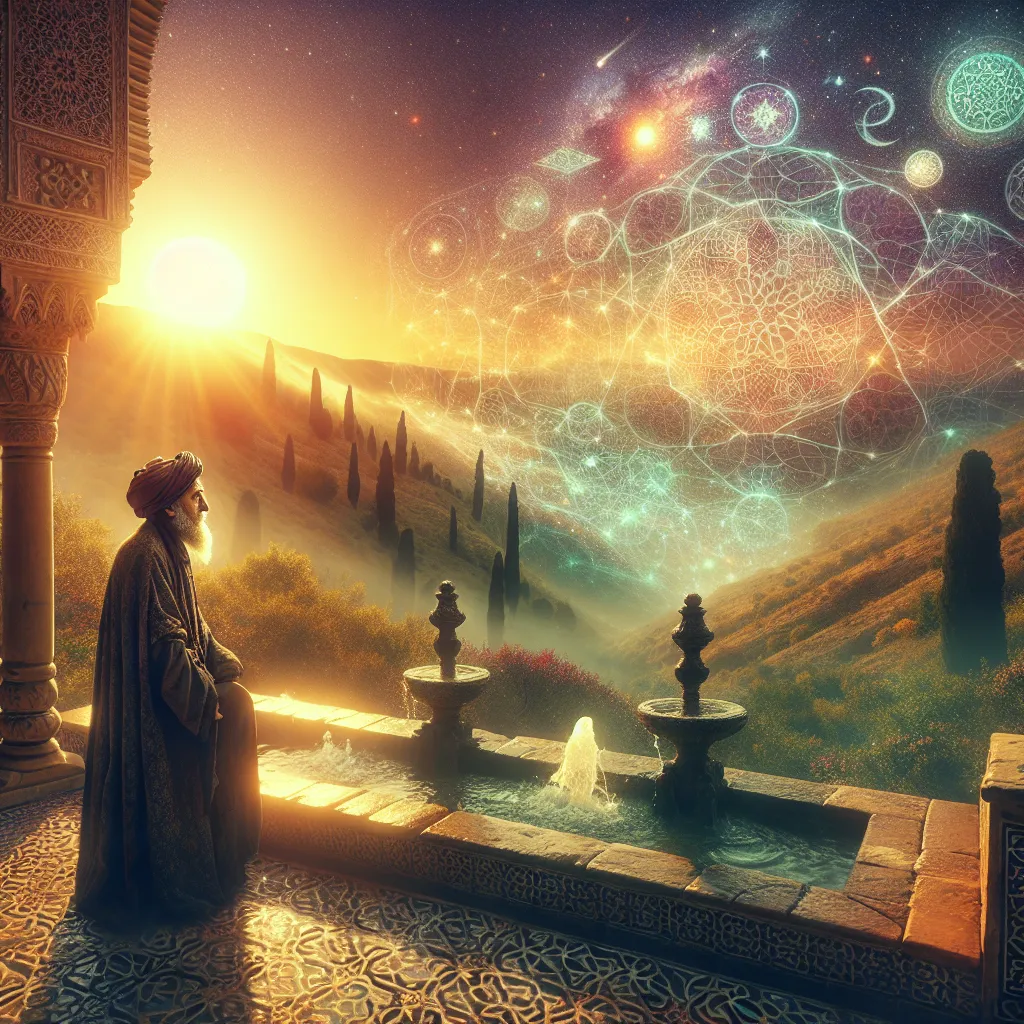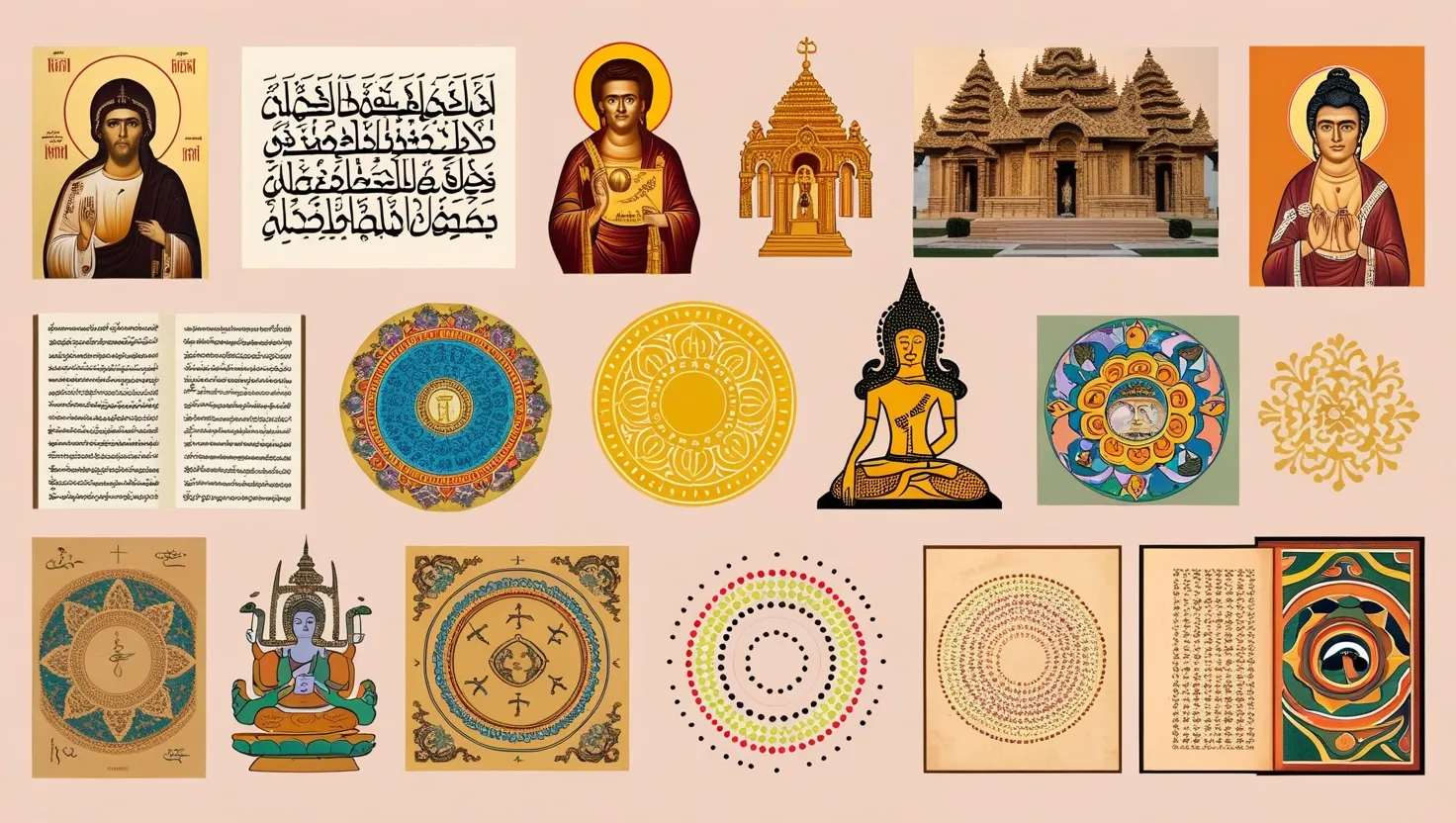Sufism, often referred to as Islamic mysticism, is a complex and multifaceted tradition. It’s not easy to define, and calling it simply “Islamic mysticism” can sometimes be misleading. This label tends to group together various mystical movements that emerged in the early history of Islam. One such hotbed for mystical thought was Al-Andalus (present-day Andalusia) during the Middle Ages, producing some of history’s greatest mystical minds.
In those early centuries, the mystical traditions in Al-Andalus developed in parallel to those in the Islamic East, each with its unique characteristics. While the Eastern tradition, centered around Baghdad, focused heavily on ethics and spiritual psychology, the mystical approaches in Al-Andalus were more speculative and metaphysical.
One of the founding figures of mysticism in Al-Andalus was Ibn Masara, a philosopher born in Cordoba in 883. After years of studying and traveling to Islamic centers like Cairo and Mecca, he returned to Cordoba to teach. He emphasized a concept called ‘I’tibar,’ which means contemplation. This involved ascending through levels of intellectual and spiritual contemplation to gain divine knowledge, a process deeply rooted in Neoplatonic philosophy.
Ibn Masara’s ideas were highly influential and paved the way for later Andalusian mystics like Ibn Al-Arabi. Despite facing significant opposition and controversy during his lifetime, his ideas persisted, carried forward by his disciples and evolving into a distinct mystical tradition.
In Seville, another significant mystical school emerged, represented by figures like Ibn Barajan. He was educated in both religious sciences and various intellectual fields, including geometry and astronomy. Ibn Barajan’s practice of mysticism also involved contemplation, but he criticized the overly ascetic attitudes of his contemporaries. He sought a balance between intellectual pursuits and mystical practices.
Ibn Barajan introduced the concept of viewing the world as a ‘cosmic Quran,’ where nature itself is a revelation of God. This idea profoundly influenced later figures like Ibn Al-Arabi, who synthesized different mystical traditions into a harmonious whole. In the 12th century, the mystical traditions in the region became more unified and self-conscious, largely thanks to figures like Abu Madyan, who integrated Sufi practices from the East with local traditions.
By the 13th century, Andalusian mysticism had become a melting pot of ideas, harmonizing various strands of thought into what would eventually be recognized as part of the broader category of Sufism. This rich, interconnected mystical heritage provided the foundation for the works and teachings of great mystics like Ibn Al-Arabi.
If you’re keen on exploring more about Sufism and its various interpretations, stay tuned for more content. Your support is always appreciated, and there will be more deep dives into these fascinating subjects soon. Thanks for reading!






